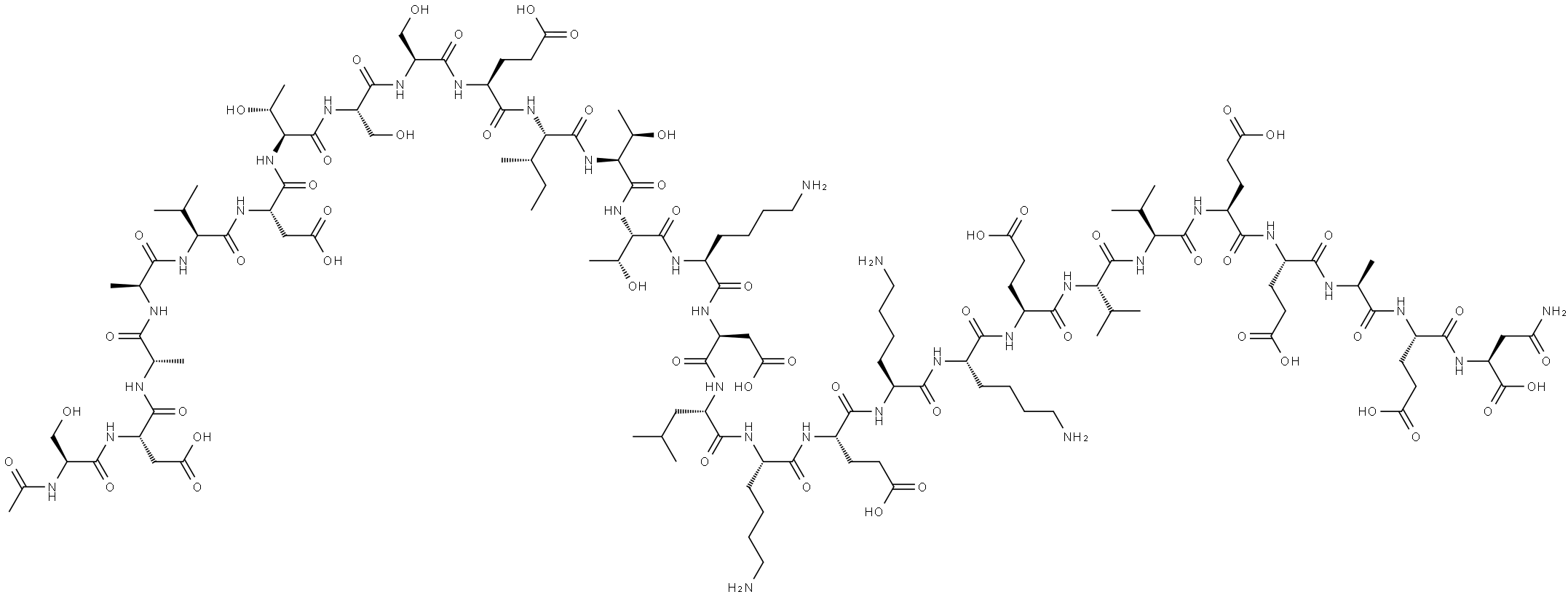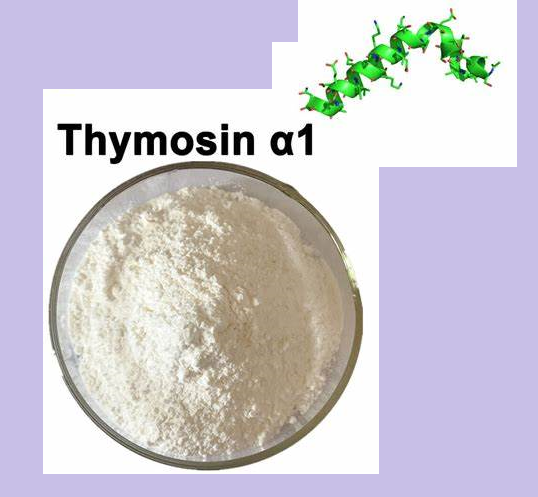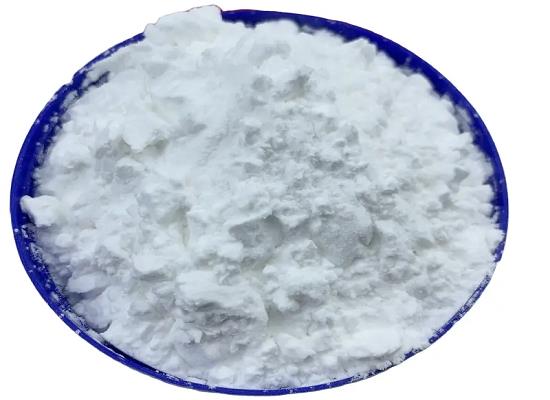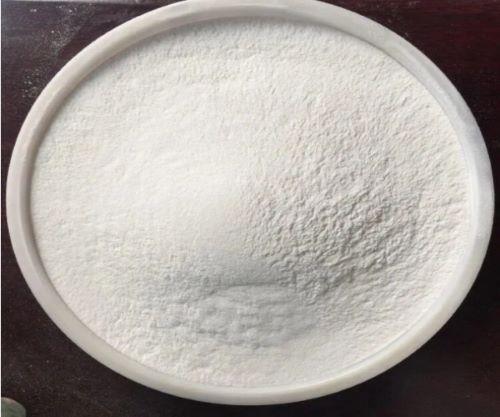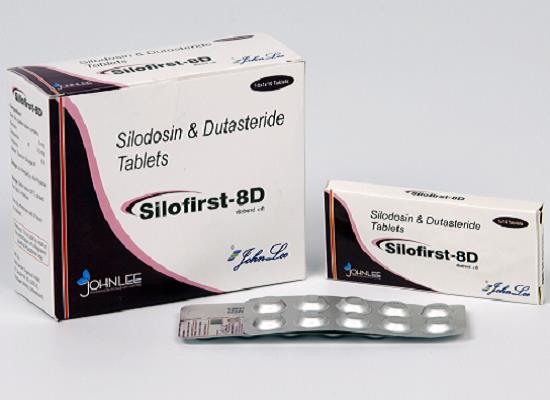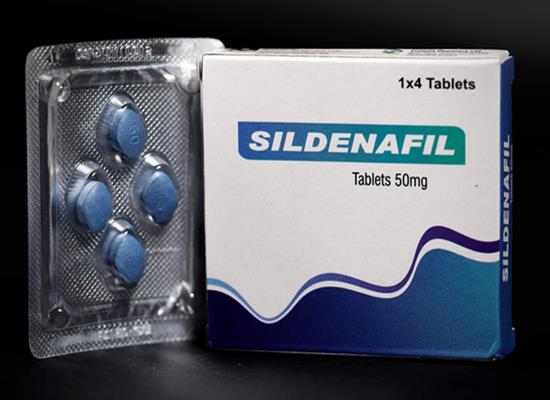Thymosin α1 in combination with Zoledronic acid in the treatment of prostate cancer
Introduction of Thymosin α1
Thymosin α1 (Tα1), a thymic hormone, has been commonly used as an immune adjuvant in the clinical treatment of patients with chronic hepatitis B and C and cellular immunodeficiency, which is associated with its immunomodulatory activity on T cells, natural killer (NK) cells, and macrophages. Additionally, Tα1 is commonly used as an immunotherapeutic tool in combination with chemotherapy for treating many types of cancer in preclinical settings and clinical practice.

Zoledronic acid or zoledronate (ZA), a third-generation bisphosphonate, is primarily used to treat Paget's disease, osteoporosis, and skeletal-related events in patients with cancer with bone metastases. Many studies have reported that ZA also participates in immune regulation by promoting the biological functions of macrophages and T cells.
Prostate cancer (PCa) is one of the most commonly diagnosed malignancies and a major cause of cancer-related death in men in Western countries. The primary treatment for advanced or metastatic prostate cancer remains androgen deprivation therapy (ADT). However, most patients are susceptible to resistance to clinical therapy and are at risk of developing desmoplasia-resistant prostate cancer or neuroendocrine prostate cancer with a poorer prognosis.
Thymosin α1 in prostate cancer
ADT and ZA combined with Tα1 combination therapy improved outcomes in patients with advanced or metastatic PCa and inhibited PCa tumour progression in mouse models. ZA and Tα1 synergistically suppress the growth of PCa allograft tumors. ZA plus Tα1 therapy also enhances tumor inflammation and cytotoxic T-cell infiltration in PCa tumors. ZA and Tα1 treatment cooperatively stimulate pro-inflammatory macrophages and enhance the cytotoxic function of T cells.
Mechanisms of action
ZA and Tα1 synergistically relieve immunosuppression in PCa cells, stimulate proinflammatory macrophages, and enhance cytotoxic T cells by modulating the MyD88/NF-κB pathway. ZA and Tα1 turn immune cold PCa tumors to T-cell-inflamed tumors by inhibiting the MyD88/NF-κB pathway in PCa cells but activating this signaling axis in TAMs and CD8+ T cells.
In conclusion, the antineoplastic mechanisms of ZA and Tα1 are associated with blockade of MyD88/NF-κB signaling in PCa cells but activation of this axis in macrophages and T cells, leading to increased infiltration of cytotoxic T cells and enhanced tumor inflammation.
References:
[1] WANG S, HUANG M, CHEN M, et al. Zoledronic acid and thymosin α1 elicit antitumor immunity against prostate cancer by enhancing tumor inflammation and cytotoxic T cells[J]. Journal for Immunotherapy of Cancer, 2023, 11. DOI:10.1136/jitc-2022-006381.
Related articles And Qustion
Lastest Price from Thymosin α1 manufacturers
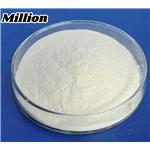
US $1.00/kg2025-11-06
- CAS:
- 62304-98-7
- Min. Order:
- 0.10000000kg
- Purity:
- 99%
- Supply Ability:
- 200kg

US $10.00/box2025-10-17
- CAS:
- 62304-98-7
- Min. Order:
- 1box
- Purity:
- 99
- Supply Ability:
- in stock
